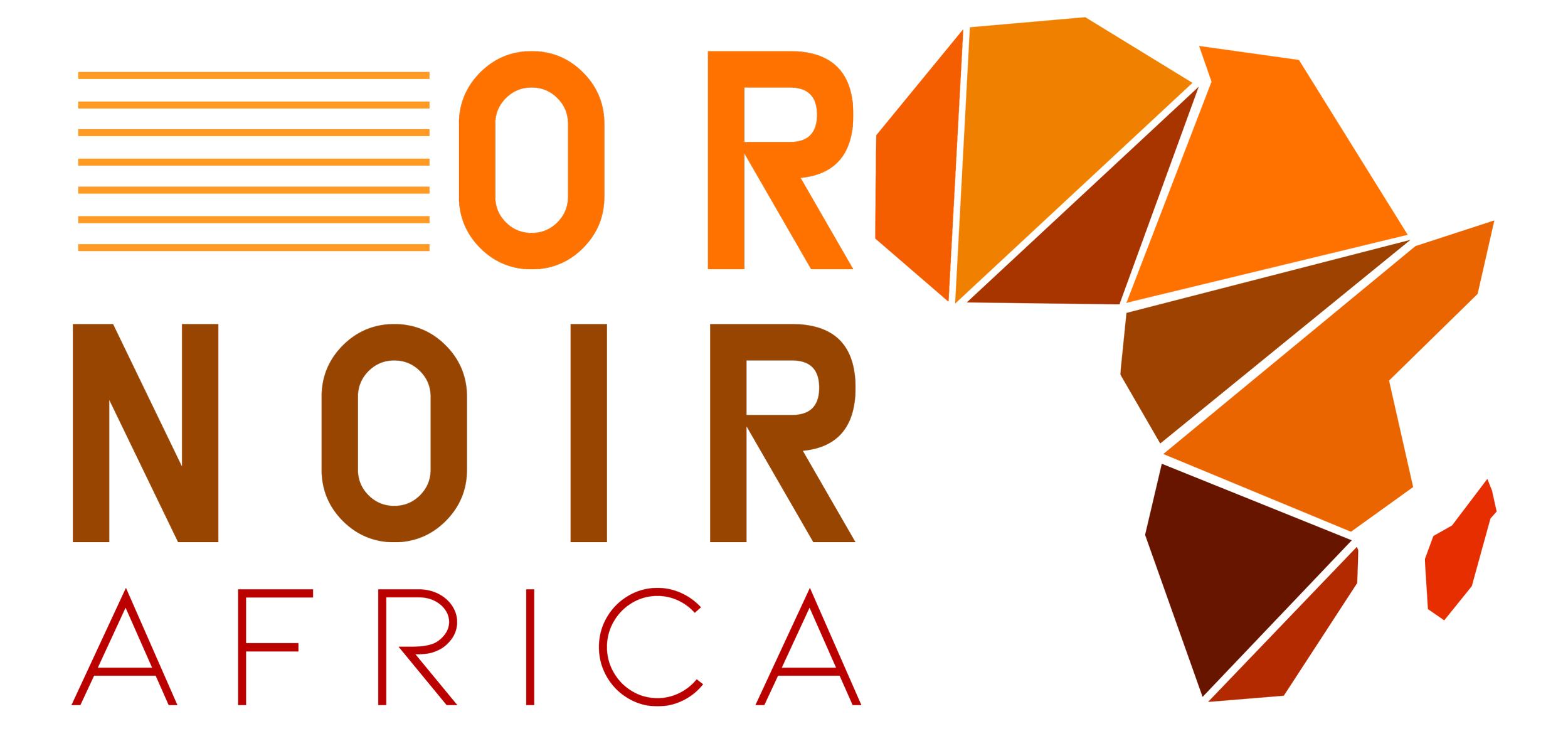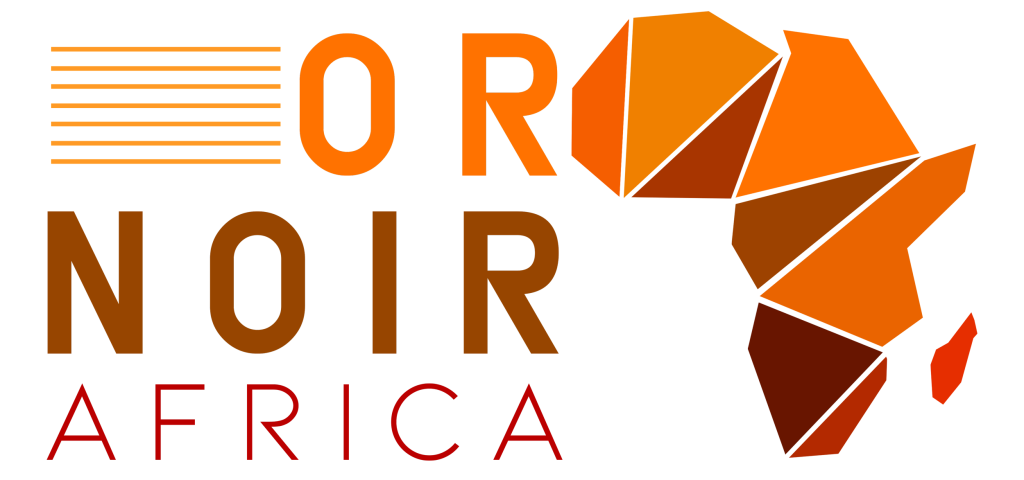Le Sénégal et la Côte d’Ivoire, deux acteurs majeurs de l’industrie pétrolière et gazière en Afrique de l’Ouest, ont chacun mis en place des cadres juridiques spécifiques pour régir les contrats de partage de production (CPP) dans le secteur des hydrocarbures. Bien que ces contrats visent tous deux à attirer les investissements étrangers et à maximiser les retombées économiques pour l’État, ils présentent des différences notables qu’il convient d’examiner.
Cadre Juridique et Réglementaire
Sénégal
Au Sénégal, le cadre juridique pour le secteur des hydrocarbures est principalement régi par le Code pétrolier de 1998, révisé en 2019. Le CPP au Sénégal est conçu pour attirer les investissements étrangers tout en assurant une part équitable des bénéfices pour l’État. Le CPP sénégalais stipule que les compagnies pétrolières financent l’exploration et la production en échange d’une part de la production future.
Côte d’Ivoire
En Côte d’Ivoire, le cadre juridique est basé sur le Code pétrolier de 1996, révisé en 2012. Les CPP ivoiriens sont également conçus pour attirer les investissements étrangers, mais ils accordent une plus grande flexibilité aux investisseurs en termes de recouvrement des coûts et de partage de la production. La Côte d’Ivoire a également mis en place des incitations fiscales et des exemptions pour encourager les investissements dans le secteur.
Structure Financière et Partage des Revenus
Sénégal
Le CPP sénégalais est structuré de manière à garantir une récupération des coûts pour les compagnies pétrolières, mais avec des limites strictes pour assurer une part significative des revenus pour l’État. Après le recouvrement des coûts, la production restante est partagée entre l’État et les compagnies pétrolières selon une formule prédéfinie. Généralement, l’État reçoit une part croissante des revenus au fur et à mesure que la production augmente.
Côte d’Ivoire
En Côte d’Ivoire, le CPP permet également la récupération des coûts, mais avec des conditions légèrement plus favorables pour les investisseurs. La part de production destinée au recouvrement des coûts est généralement plus élevée, et l’État reçoit une part plus importante des revenus restants après le recouvrement des coûts. Les contrats ivoiriens peuvent également inclure des clauses de stabilisation pour protéger les investisseurs contre les changements réglementaires défavorables.
Exigences Locales et Développement Durable
Sénégal
Le Sénégal a mis en place des exigences strictes en matière de contenu local, obligeant les compagnies pétrolières à favoriser les entreprises locales et à employer des travailleurs sénégalais. En outre, les CPP sénégalais intègrent des dispositions pour le développement durable et la protection de l’environnement, reflétant l’engagement du pays en faveur d’une exploitation responsable des ressources naturelles.
Côte d’Ivoire
La Côte d’Ivoire a également mis en place des exigences en matière de contenu local, mais celles-ci sont souvent plus flexibles comparées à celles du Sénégal. Les compagnies pétrolières doivent collaborer avec des entreprises locales et employer des travailleurs ivoiriens, mais les conditions peuvent varier en fonction des négociations spécifiques du contrat. La Côte d’Ivoire met également l’accent sur le développement durable, mais avec une approche plus orientée vers l’incitation plutôt que la réglementation stricte.
Points de convergence et divergences
Malgré leurs différences, les modèles sénégalais et ivoirien partagent des points communs. Les deux pays accordent une importance primordiale à la participation de l’État dans les projets pétroliers et gaziers, à travers la société nationale des hydrocarbures (PETROSEN au Sénégal et PETROCI en Côte d’Ivoire). Cette participation permet à l’État de contrôler les opérations, de bénéficier d’une part des revenus et de développer une expertise locale dans le secteur.
En revanche, les deux modèles se distinguent par leur degré de flexibilité et d’incitation. Le Sénégal privilégie une approche plus souple, adaptée à chaque projet, tandis que la Côte d’Ivoire mise sur un cadre plus structuré et des incitations fiscales attractives pour attirer les investissements.
Le choix entre le modèle sénégalais et le modèle ivoirien dépendra des priorités et des objectifs de chaque investisseur. Les entreprises en quête de flexibilité et de transparence pourraient être séduites par le modèle sénégalais, tandis que celles recherchant un cadre plus structuré et des incitations fiscales pourraient privilégier le modèle ivoirien.
Il est important de noter que ces modèles sont en constante évolution, en fonction des réalités économiques et politiques de chaque pays. Les investisseurs doivent donc se tenir informés des dernières évolutions législatives et réglementaires pour prendre des décisions éclairées et maximiser leurs chances de succès dans le secteur des hydrocarbures en Afrique de l’Ouest.


